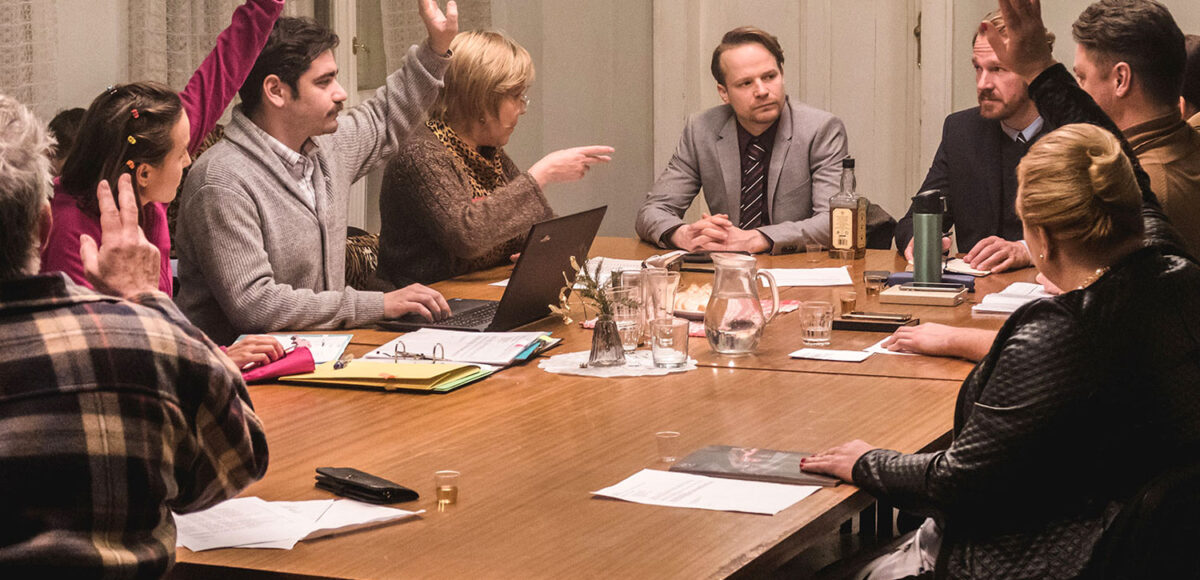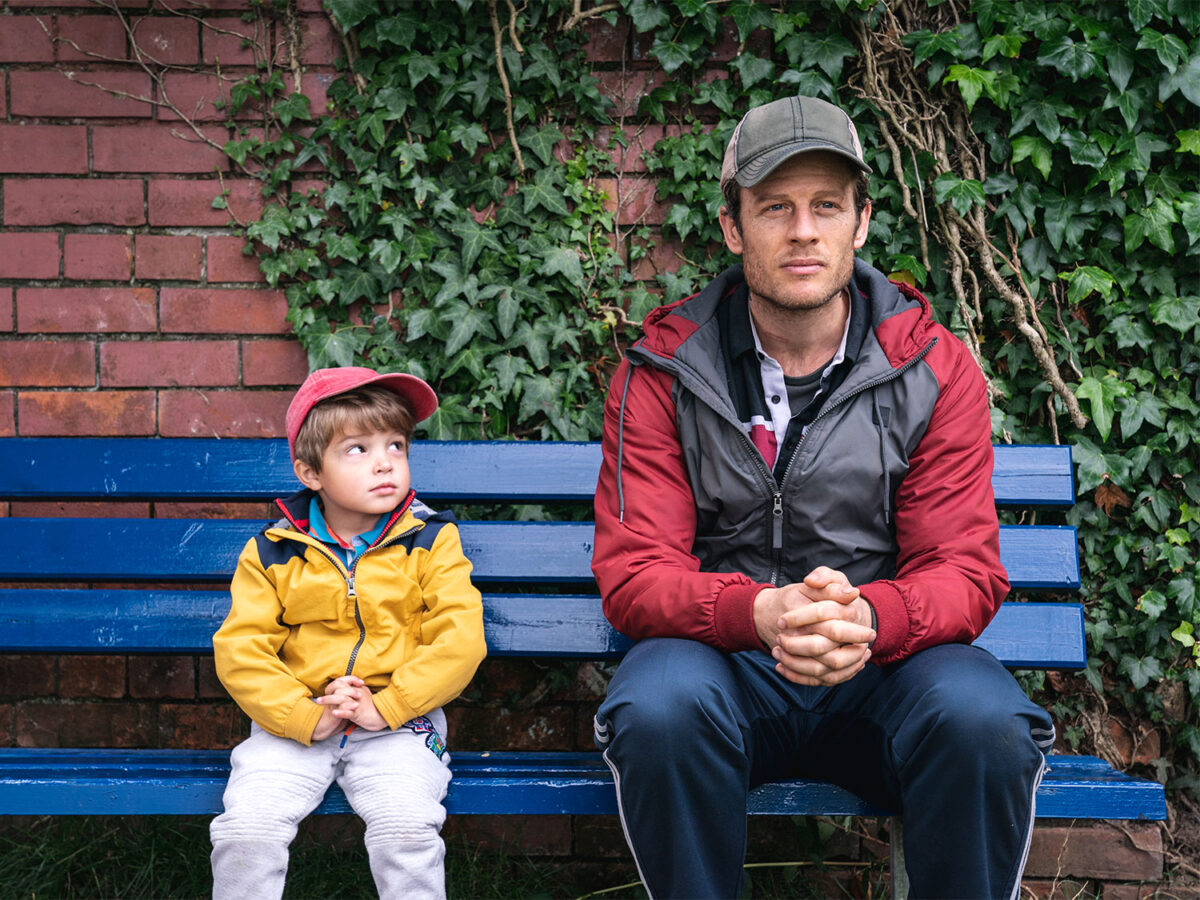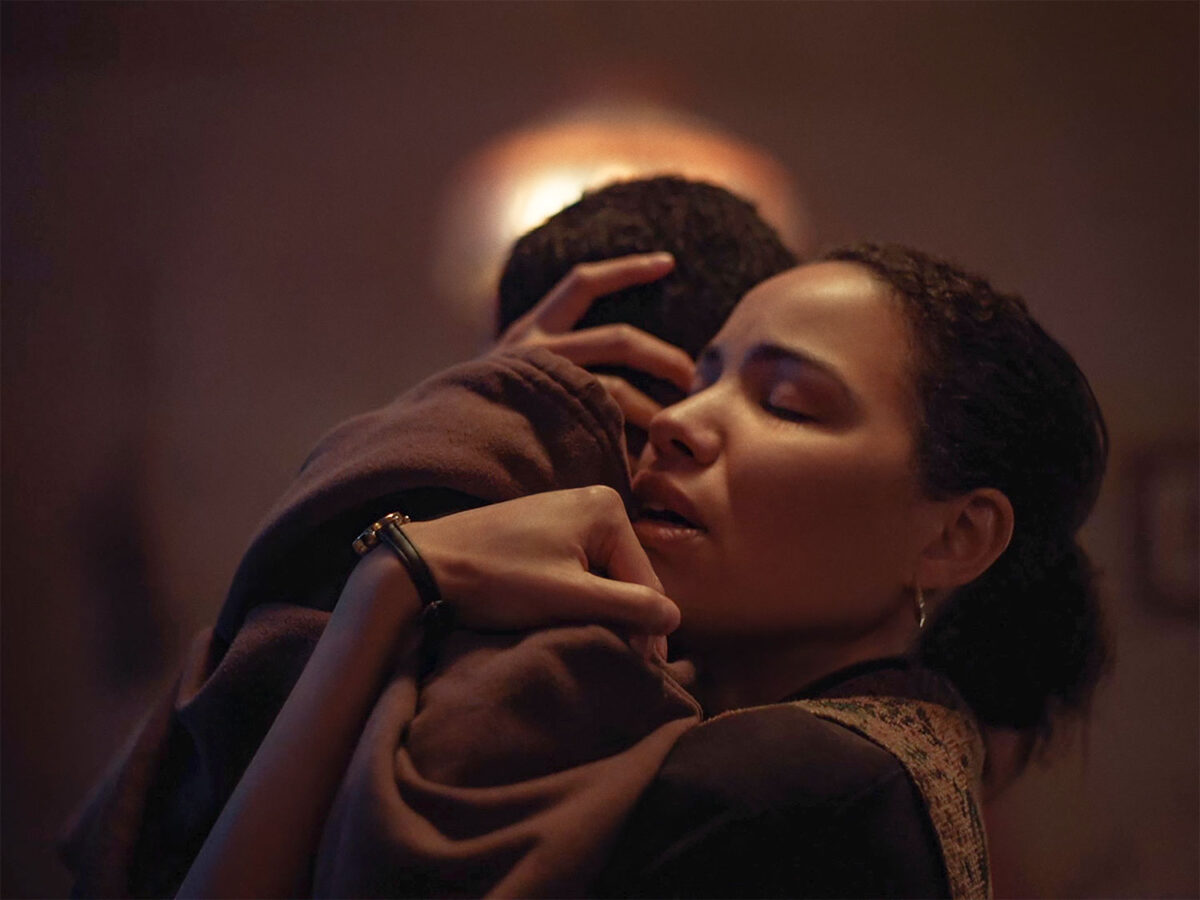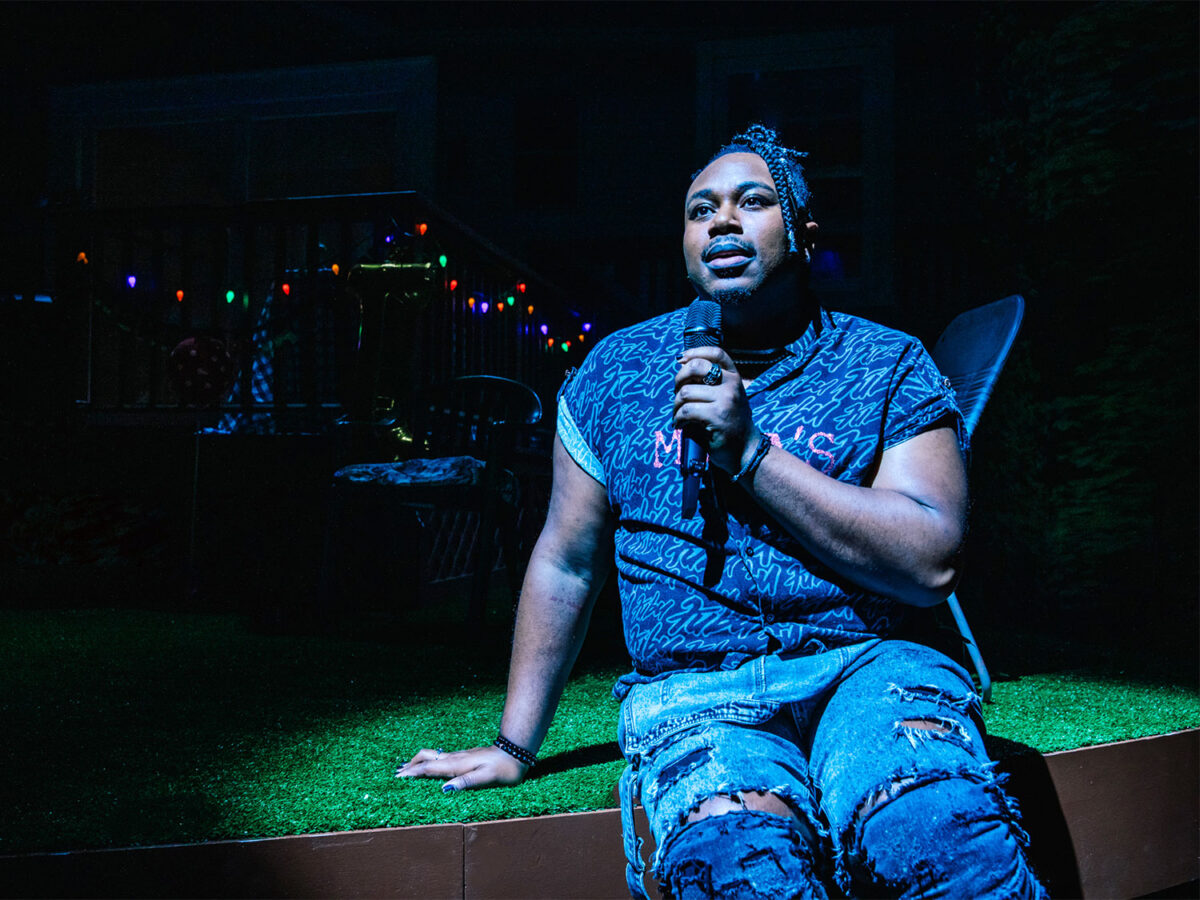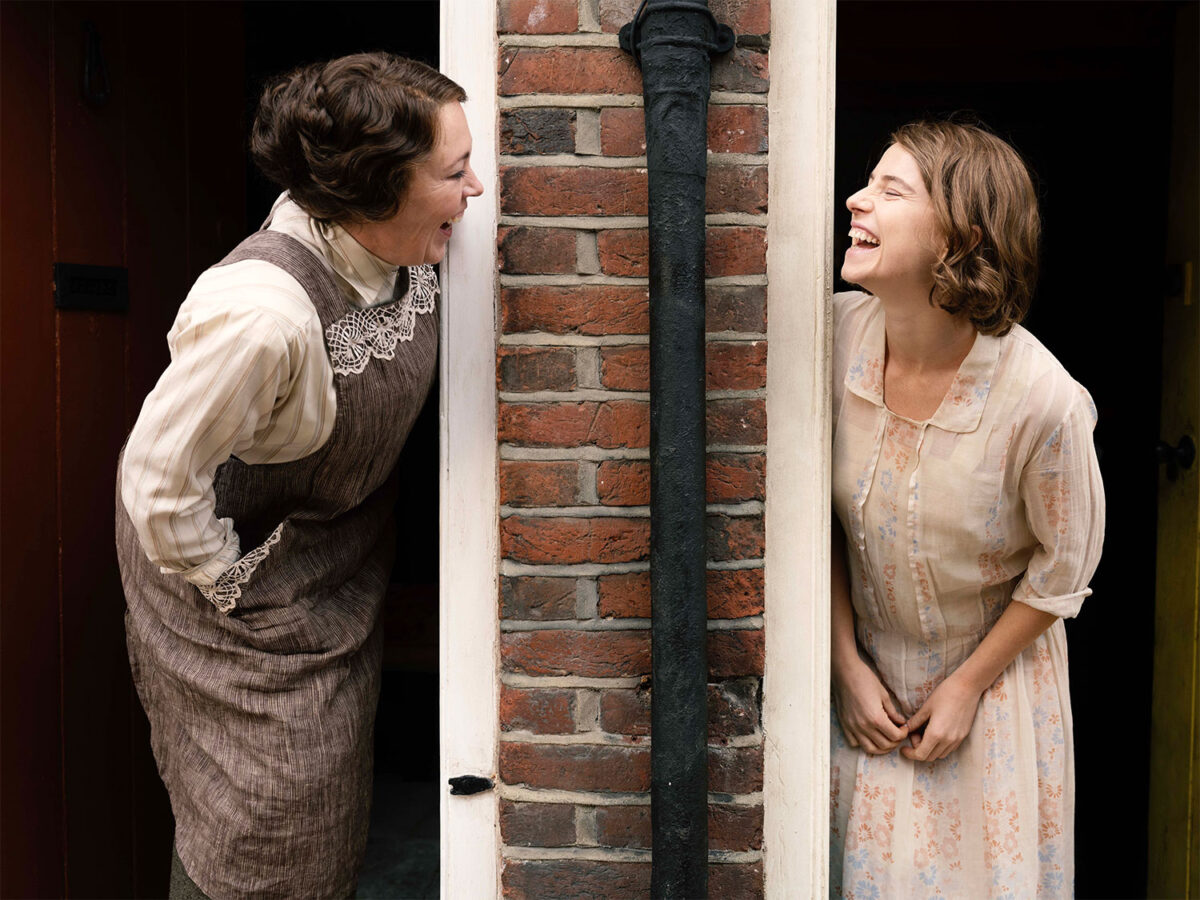Jiří Havelka has written and directed a comedy that is guaranteed to make you cringe with discomfort while you’re laughing out loud. Havelka calls this “a comedy for those who haven’t experienced it. A drama for those who live it.” “The Owners” is the very embodiment of “Hell is other people,” Sartre’s famous line from “No Exit.” I’m here to tell you that we’ve all experienced it but this time we get to laugh and laugh some more until we have to live it again.
Ostensibly about a Home Owners Association (HOA) meeting, I doubt there’s anyone among you who hasn’t experienced the horror of an endless committee meeting, trapping you in a version of hell on earth where, much like the victims of Buñuel’s “Exterminating Angel,’’ you are unable to leave. Havelka takes that and goes from there to the farthest reaches of self-dealing and political ideology.
As a metaphor for the collapse of democratic rule in general, but Czechoslovakia in particular, Havelka assembles the board of a deteriorating co-op apartment building. There are important issues to discuss, but this is the hell of other people as each member fights tooth and nail to block proposals that go against their self-interest. A character study par excellence, each member of the board is painstakingly analyzed for better or for worse and that, in essence, is the entire story. There is no plot, there is no mystery, there is, purely (rather impurely) and simply the disparate characters, each, in his or her own way, representing an aspect of present day society.
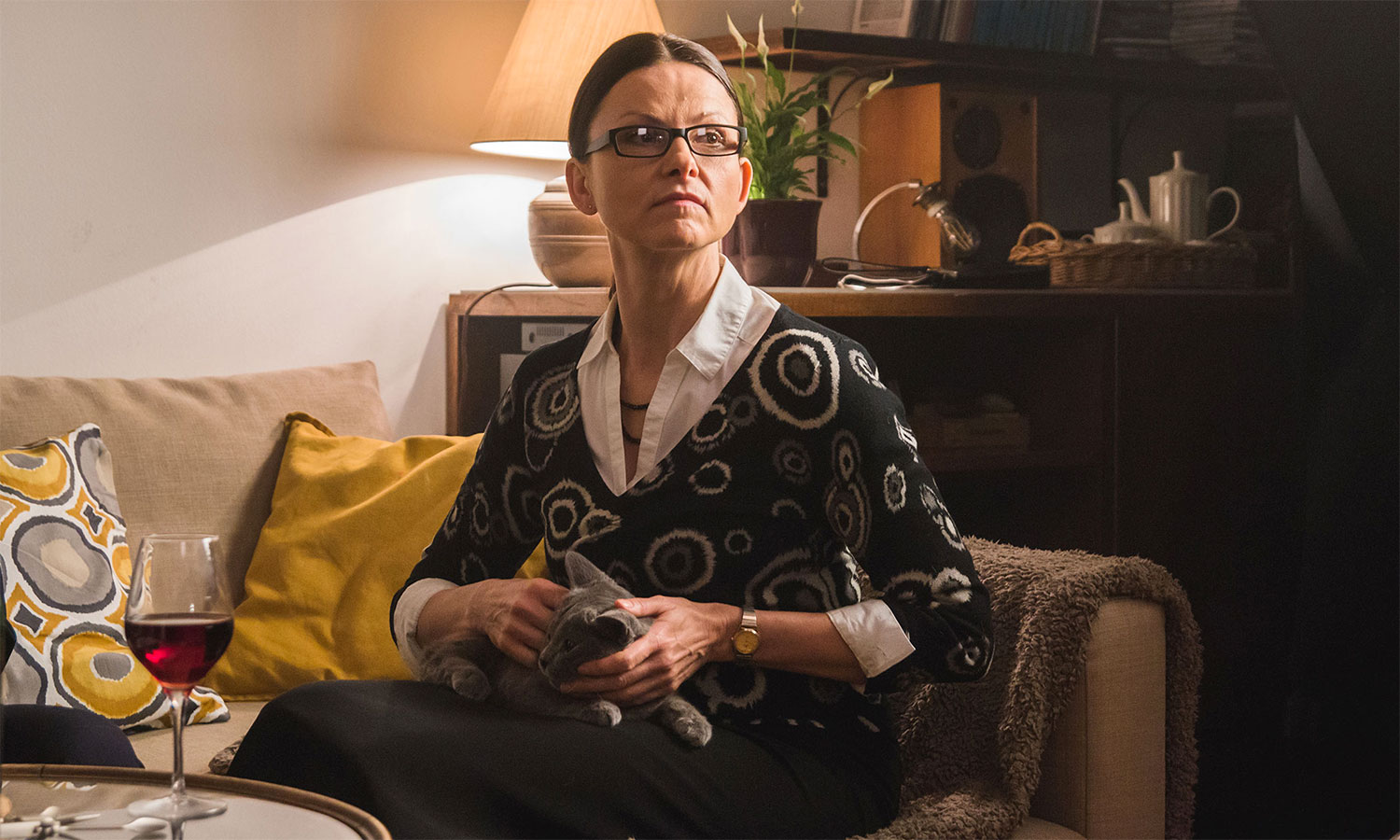
The apartment building in question, built during the post-war Soviet era, is badly in need of maintenance and repair. There is no elevator in this seven-floor walk up; the pipes are starting to rot; the electrical wiring is frayed; critters live in the attic and the roof has lost many tiles. But this costs money and the common fund is so limited that it might only cover the replacement of light bulbs in the building hallways. Most of the movie is filmed in one room that becomes more and more claustrophobic as frustrations increase and temperatures rise.
Mrs. Zahrádková (Tereza Ramba), president of the board, has approached this honorary position, one without actual power, idealistically believing that her fellow members will support the common good in upgrading the building and acquiesce to the democratic process. Not entirely naive, she has surreptitiously bribed Mrs. Roubíčková (Klára Melíškov), board parliamentarian, with an expensive bottle of wine (with a cork, not a twist top) so that she will vote with her on the one issue that matters the most to her. Mrs. Zahrádková may be the ostensible leader, but it is Mrs. Roubíčková who has all the power. With her tight lips and hooded eyes, she makes up the rules and executes (emphasis on executes) them as she sees fit.
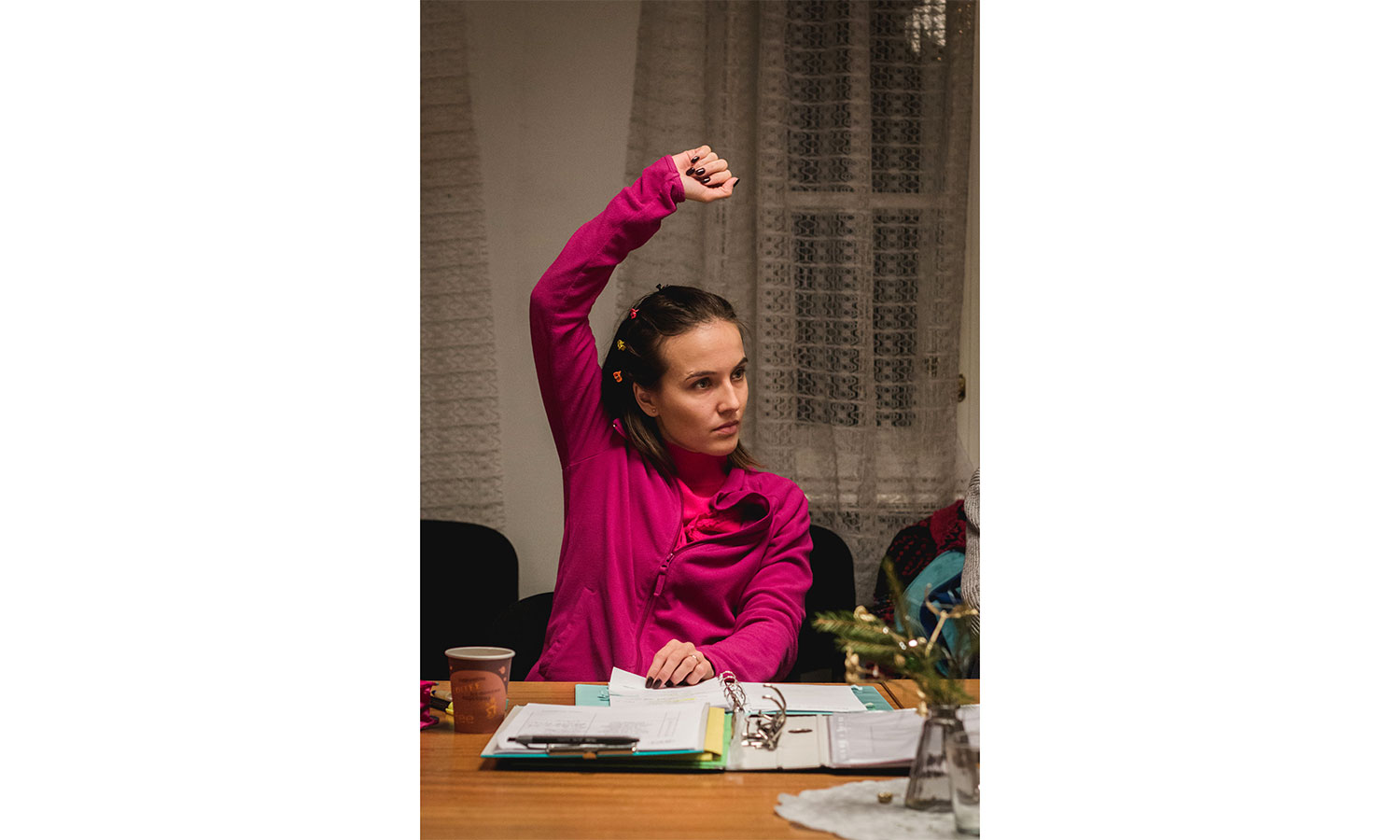
Each of the other members of the board insist on exercising their rights to block everyone else’s. No doubt suppressed in earlier times, Ms. Horvátová (Dagmar Havlová) will exercise her right to disagree, no matter how illogically, contradicting everyone else without knowledge, context or reason. Mr. Nitranský (Andrej Polák) would like to see an elevator put in, something blocked by Mrs. Procházková (Pavla Tomicová) who lives on the first floor. She, a self-styled entrepreneur in the post-Soviet mold of corrupt oligarchs, but without the means, is always accompanied by her enforcer, a minor gangster who promotes his marginal businesses at every opportunity. Questions about her African renters reveal the horrifically funny racism expressed by almost every participant. This, added to the overtly expressed homophobia toward Nitranský, leaves a jaw-dropping impression. The laughter, as uncomfortable as it might be, is just one more element in the many excruciating moments that follow.
But there are others at this table, others whose votes are equal, like sweet Mr. Švec (David Novotný), a man of indeterminate age but definitely on the far side of the middle, who lives with his mother in their small apartment. But now his aged mother is in a coma at the hospital and it is unlikely that this innocent creature who is a few bricks short of a load has the skill to live on his own. He spends most of his time at the meeting wolfing down sugar and cakes and partaking heartily of the whiskey provided by the Čermák brothers (Kryštof Hádek and Stanislav Majer), the newest owners. And who are they really? And why, one must ask, were they already in the room before the meeting? They are charming and knowledgeable with a courtesy that easily leads to seductive manipulation.
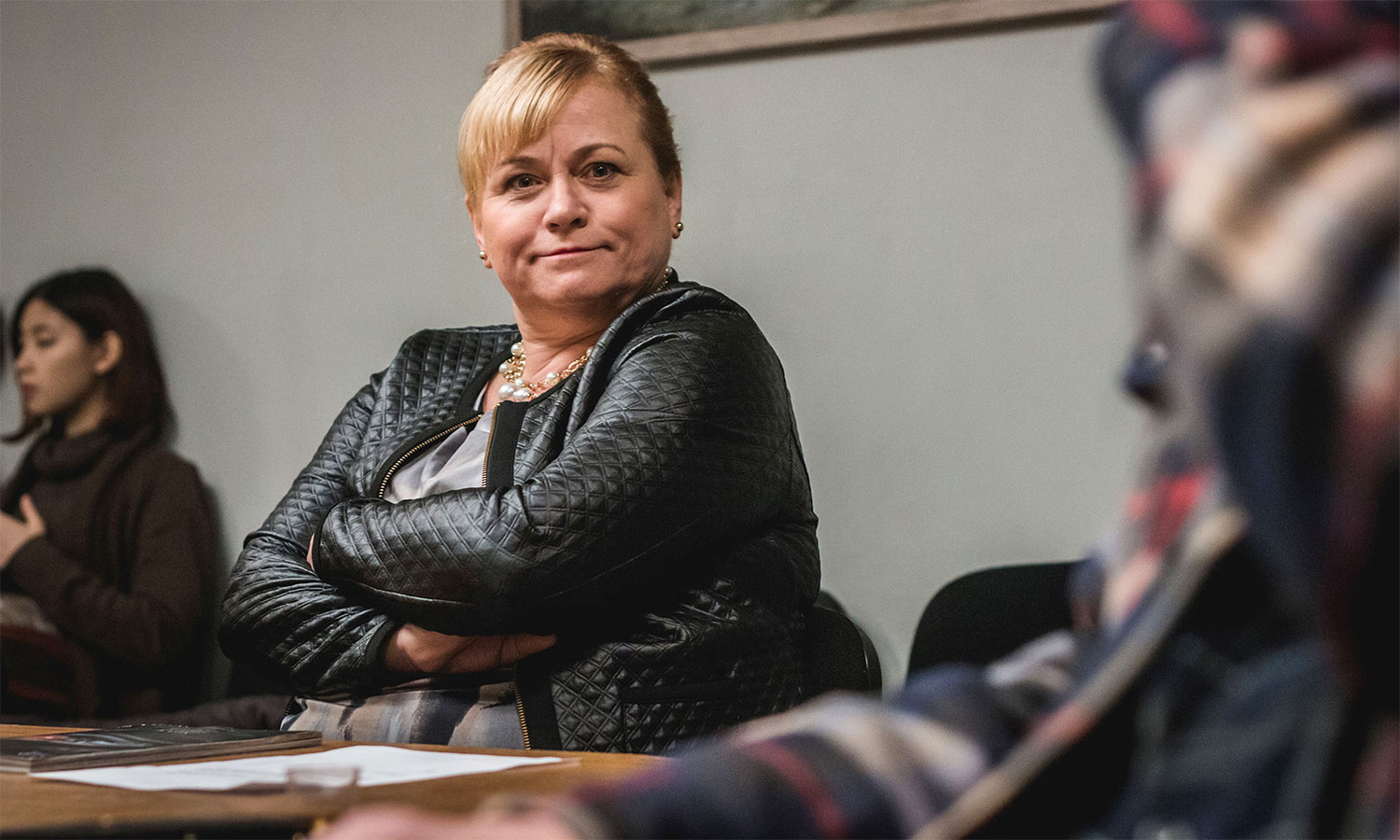
Finally, last but definitely not least, is Mr. Kubát (Jiří Lábus), the first proprietary tenant and owner of three apartments, only two of which were obtained “legally” from his connections at the housing authority during the Soviet era. Kubát, with his distinctive “hedgehog” haircut, blocks every expenditure and punctuates every sentence with “In my day it wasn’t like this.” He is the perfect embodiment of the reemerging Socialists, tired of the economically failing Democracy that promised much but didn’t come through, as far as the Kubáts of the world were concerned.
Those are the characters, that is the setting. Revealing more of this claustrophobic portrait of a deteriorating microcosm of society would spoil the joy of discovery. It is a film that will definitely make you squirm. Even without the experience of shared ownership, this exercise in futility closely mirrors every committee meeting ever held, whether academic or business, where different viewpoints are squashed and the loudest voice wins. There is never a sense of fulfillment or “enough.”
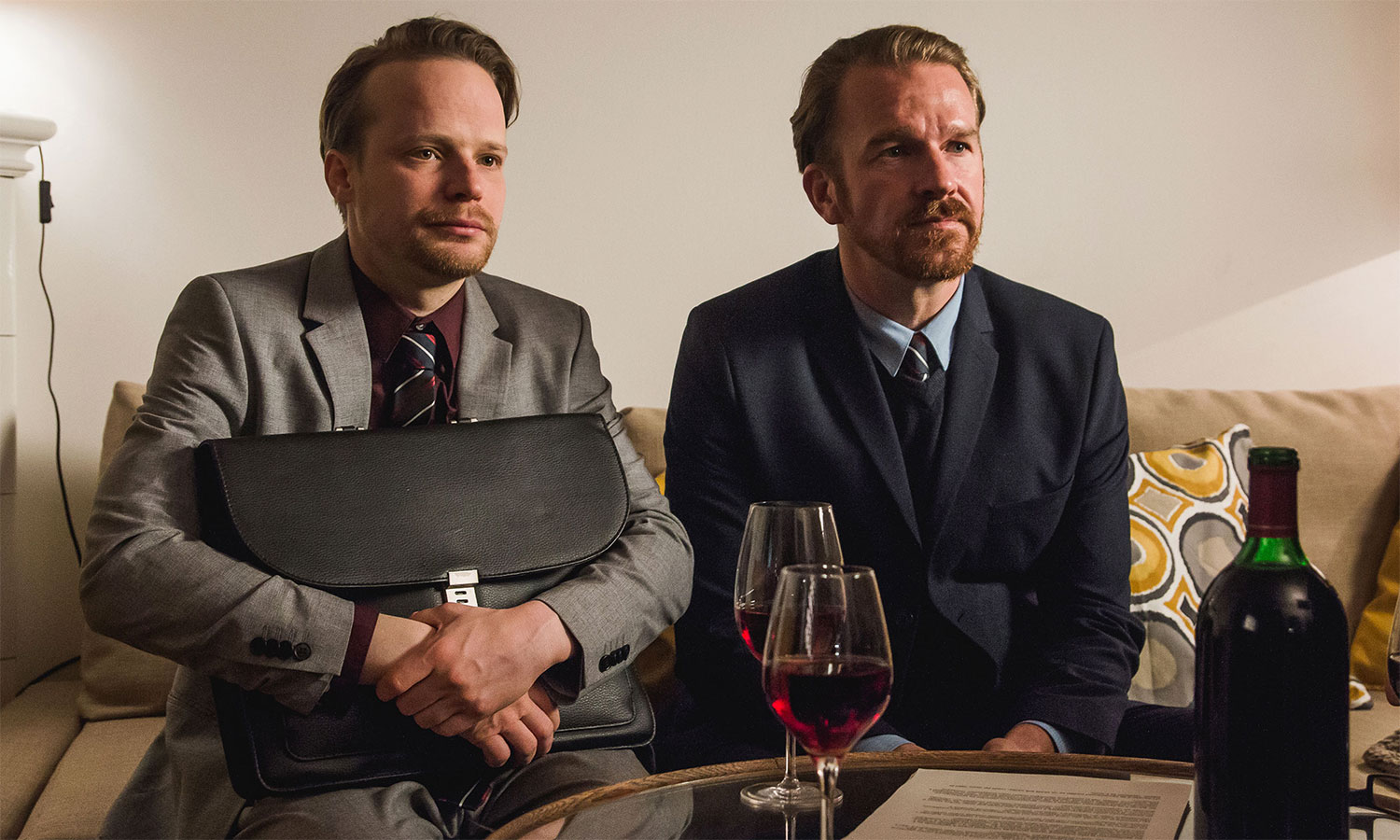
Remarkably, this was Jiří Havelka’s feature film debut. Known widely in the Czech Republic as a television personality and actor, he set up this movie as a theater piece and filmed it in 10 days. The actors, all extraordinary, anchor this tense exercise in character development realistically and hilariously where the humor is grounded in the seriousness of the low stakes, which may not, after all, be so small. Don’t miss this one!
In Czech with English subtitles.
Opening August 25 at the Laemmle Royal.
Neely Swanson spent most of her professional career in the television industry, almost all of it working for David E. Kelley. In her last full-time position as Executive Vice President of Development, she reviewed writer submissions and targeted content for adaptation. As she has often said, she did book reports for a living. For several years she was a freelance writer for “Written By,” the magazine of the WGA West, and was adjunct faculty at USC in the writing division of the School of Cinematic Arts. Neely has been writing film and television reviews for the “Easy Reader” for more than 10 years. Her past reviews can be read on Rotten Tomatoes where she is a tomato-approved critic.



